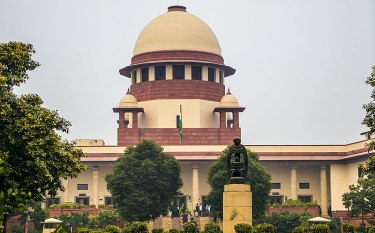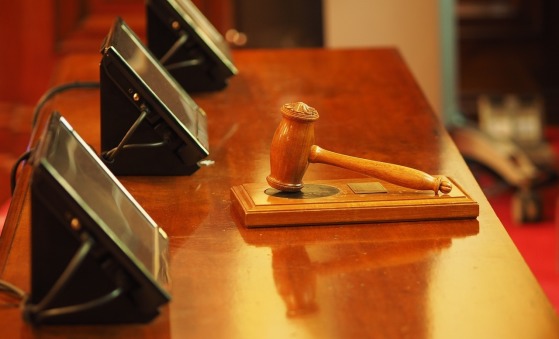
Supreme Court Justice Pankaj Mithal has called for incorporating ancient Indian legal philosophy into law school curricula across the country. Speaking at a legal conclave organized by the National Law Institute University in Bhopal on April 12, Justice Mithal emphasized that students should understand concepts like justice and equity as ideas embedded in India’s ancient legal reasoning rather than principles borrowed from the West.
“It is time that our law schools formally incorporate the ancient Indian legal and philosophical traditions into the curriculum,” Justice Mithal stated. “The Vedas, the Smritis, the Arthashastra, the Manusmriti, the Dhammas, and the epics of Mahabharata and Ramayana are not merely cultural artifacts. They contain deep reflections of justice, equity, governance, punishment, reconciliation, and moral duty.”
The judge proposed that law colleges introduce courses titled “Dharma and Indian Legal Thought” or “Foundations of Indian Legal Jurisprudence” that would draw connections between classical Indian ideas of justice and their modern constitutional reflections.
Justice Mithal’s comments align with ongoing efforts to “Indianize” the judicial system, including the translation of Supreme Court judgments into regional languages initiated under former Chief Justice DY Chandrachud. Previously, Chandrachud had also unveiled a new statue of the Lady of Justice wearing a sari, holding a book instead of a sword, and with the blindfold removed from her eyes.
Regarding this statue, Justice Mithal said: “Along with the Constitution, there should be the Gita, Vedas and Purans. That’s the context in which our legal system should work.”
Justice Mithal described how this approach could transform legal education: “Imagine a generation of lawyers and judges who understand Article 14 not just as a borrowed principle of equality but also as an embodiment of Samath (equality), who view environmental law not just through statutes but through the reverence for Prakritik (nature) in the Vedas.”
The judge pointed out that the Supreme Court’s motto - ”Yato Dharmaso Tatho Jaya” (where there is Dharma there is victory) - is taken from the Mahabharata. “Justice, in our civilizational understanding, is an embodiment of dharma - a principle that encompasses ethical conduct, social responsibility and the rightful exercise of power,” he explained.
In his address, Justice Mithal drew connections between modern court decisions and ancient texts. He cited the Atharvaveda’s call for humanity not to harm nature as aligned with the Supreme Court’s environmental protection orders. On equality, he quoted the Rig Veda: “Let no man be superior or inferior as all are brothers walking on the same path.”
The judge elaborated on dharma, noting that while “western legal systems often draw a hard line between law and morality, ancient Indian jurisprudence understood Dharma as a unifying principle of righteousness, justice, duty, and harmony.”
Justice Mithal has previously been at the centre of controversy regarding his comments on the Constitution. In December 2021, while serving as Chief Justice of the Jammu & Kashmir and Ladakh High Court, he addressed a seminar organized by the Akhil Bharatiya Adhivakta Parishad, an organization affiliated with the RSS. During this event, he reportedly stated that the inclusion of the terms “secular” and “socialist” in the Preamble of the Constitution had “narrowed India’s spiritual image” and remarked, “Sometimes, we bring amendments due to our adamancy.”
These comments drew sharp criticism from the Communist Party of India (Marxist), which alleged his statements were against the spirit of the Constitution. The CPI(M) General Secretary Sitaram Yechury wrote to then-President Ram Nath Kovind, calling for Justice Mithal’s removal from office. In the letter, Yechury described the judge’s utterances as “an unpardonable offence, which is in violation of the oath taken by him to carry out his constitutional functions” and stated that his “conduct unbecoming of the Constitutional office of the Chief Justice that he is holding warrants his immediate removal from the said office.”




